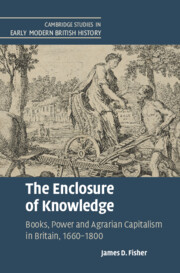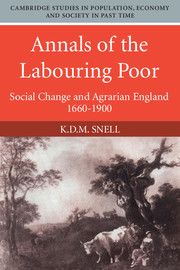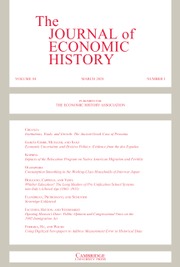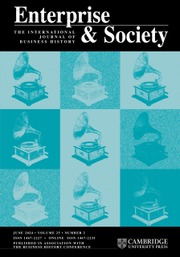The Enclosure of Knowledge
Books, Power and Agrarian Capitalism in Britain, 1660–1800
£75.00
Part of Cambridge Studies in Early Modern British History
- Author: James D. Fisher, University of Exeter
- Date Published: July 2022
- availability: Available
- format: Hardback
- isbn: 9781316517987
£
75.00
Hardback
Other available formats:
Paperback, eBook
Looking for an inspection copy?
This title is not currently available on inspection
-
The rise of agrarian capitalism in Britain is usually told as a story about markets, land and wages. The Enclosure of Knowledge reveals that it was also about books, knowledge and expertise. It argues that during the early modern period, farming books were a key tool in the appropriation of the traditional art of husbandry possessed by farm workers of all kinds. It challenges the dominant narrative of an agricultural 'enlightenment', in which books merely spread useful knowledge, by showing how codified knowledge was used to assert greater managerial control over land and labour. The proliferation of printed books helped divide mental and manual labour to facilitate emerging social divisions between labourers, managers and landowners. The cumulative effect was the slow enclosure of customary knowledge. By synthesising diverse theoretical insights, this study opens up a new social history of agricultural knowledge and reinvigorates long-term histories of knowledge under capitalism.
Read more- Creates the foundation for a new history of early modern rural society
- Tells a fresh history of pre-industrial work focused on farm labour, to better explain the long-term emergence of the modern 'knowledge economy'
- Highlights how inequality and social power has shaped the history of the British countryside and its people in surprising ways
Reviews & endorsements
'… it is no doubt true that this history of the enclosure of knowledge about farming 'has profound significance for our understanding of how modern capitalism developed' (275). Fisher has provided us with an important reminder of this significance and a useful discussion of a remarkably extensive set of books on agriculture and has packaged it all in interesting and articulate prose.' Jim Handy, Agricultural History
Customer reviews
Not yet reviewed
Be the first to review
Review was not posted due to profanity
×Product details
- Date Published: July 2022
- format: Hardback
- isbn: 9781316517987
- length: 300 pages
- dimensions: 235 x 157 x 23 mm
- weight: 0.64kg
- availability: Available
Table of Contents
Introduction: Pen over Plough
1. Rethinking Agricultural Books, Knowledge and Labour
2. Learning without Books: The Mystery of Husbandry
3. Standing on the Shoulders of Peasants: The Appropriation of the Art of Husbandry
4. Learning without Labour: Codification and Managerial Knowledge
5. Dividing Head & Hand: Gentleman Farmers, Agriculturists and Expertise
6. Monopolising Knowledge: Professionalisation, Education and Stewards
7. The Master Should Know More: Book-Farming, Power and Resistance
Conclusion: New Histories of Knowledge.-
General Resources
Find resources associated with this title
Type Name Unlocked * Format Size Showing of
This title is supported by one or more locked resources. Access to locked resources is granted exclusively by Cambridge University Press to lecturers whose faculty status has been verified. To gain access to locked resources, lecturers should sign in to or register for a Cambridge user account.
Please use locked resources responsibly and exercise your professional discretion when choosing how you share these materials with your students. Other lecturers may wish to use locked resources for assessment purposes and their usefulness is undermined when the source files (for example, solution manuals or test banks) are shared online or via social networks.
Supplementary resources are subject to copyright. Lecturers are permitted to view, print or download these resources for use in their teaching, but may not change them or use them for commercial gain.
If you are having problems accessing these resources please contact [email protected].
Sorry, this resource is locked
Please register or sign in to request access. If you are having problems accessing these resources please email [email protected]
Register Sign in» Proceed
You are now leaving the Cambridge University Press website. Your eBook purchase and download will be completed by our partner www.ebooks.com. Please see the permission section of the www.ebooks.com catalogue page for details of the print & copy limits on our eBooks.
Continue ×Are you sure you want to delete your account?
This cannot be undone.
Thank you for your feedback which will help us improve our service.
If you requested a response, we will make sure to get back to you shortly.
×











